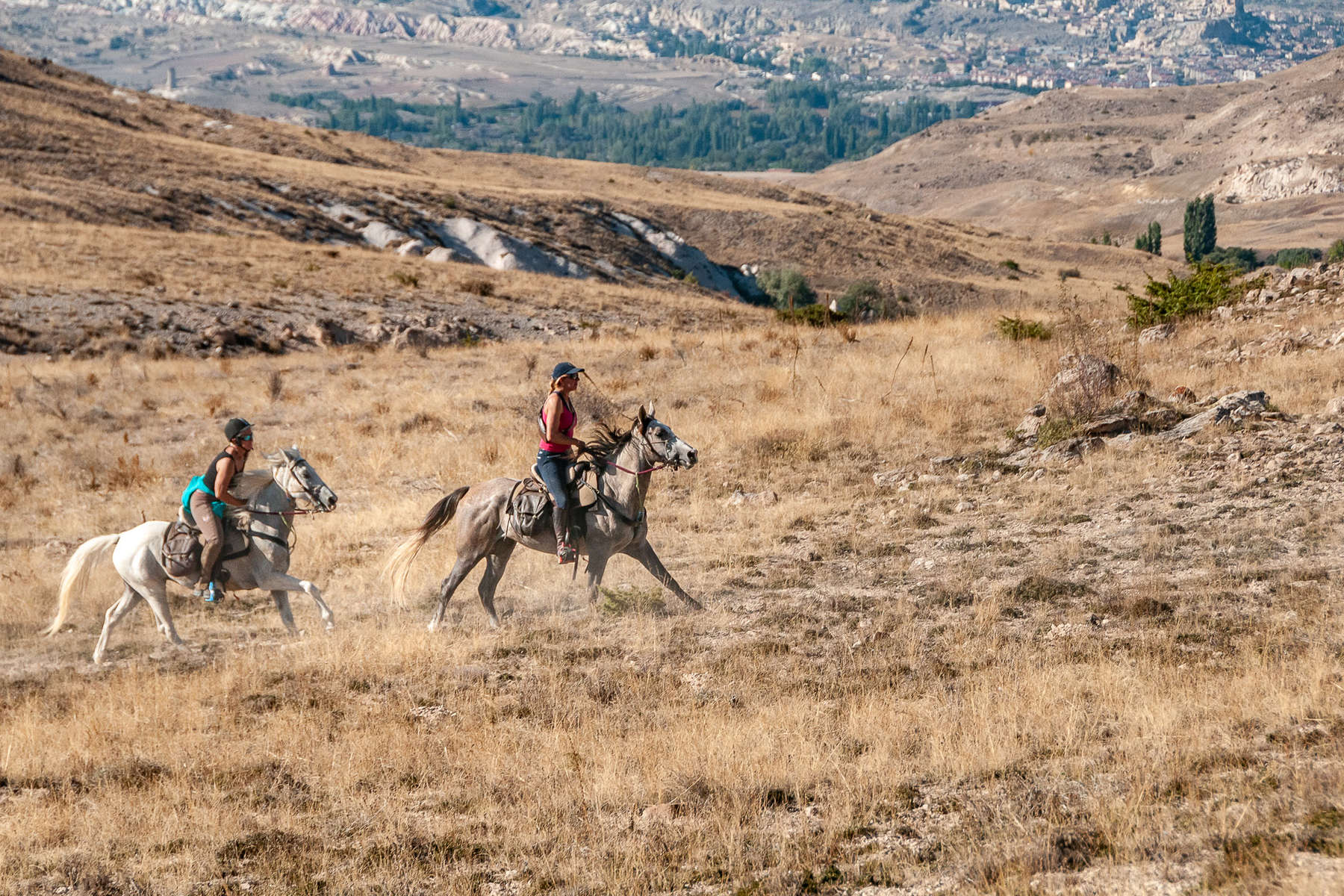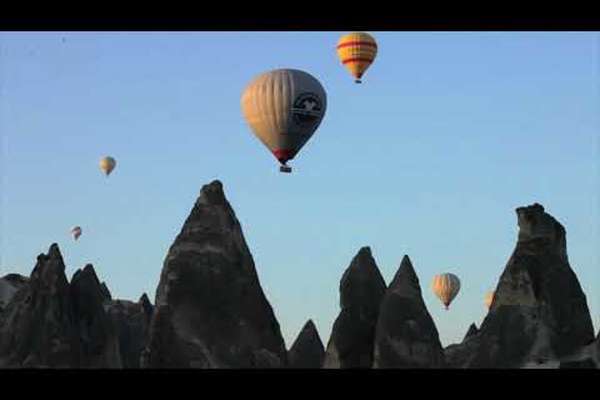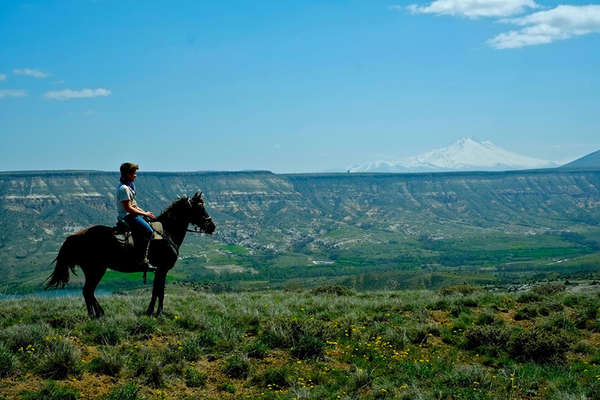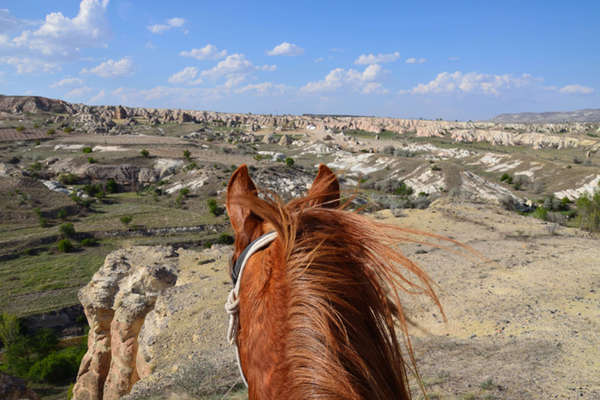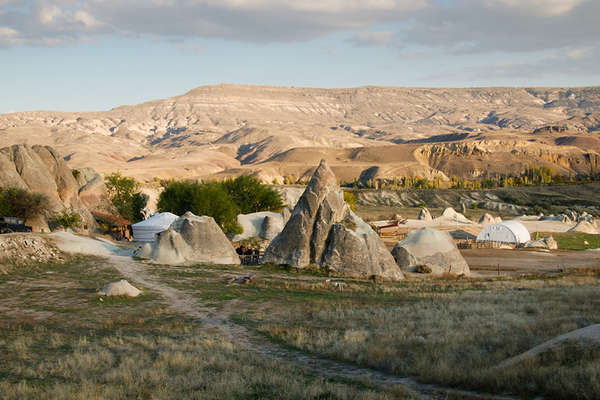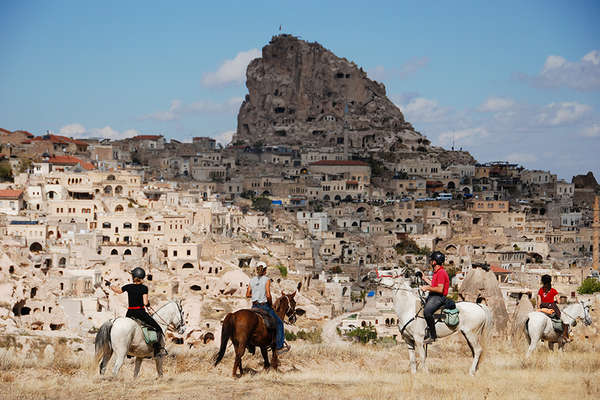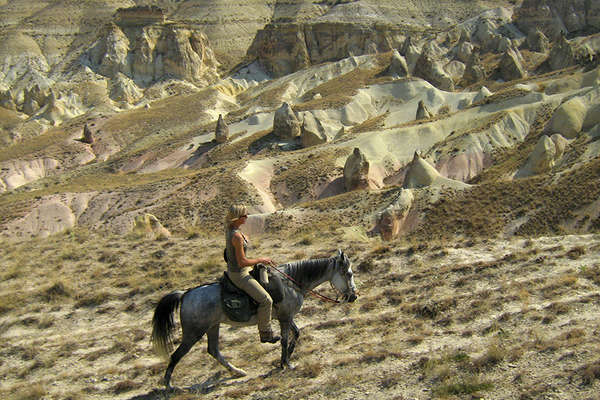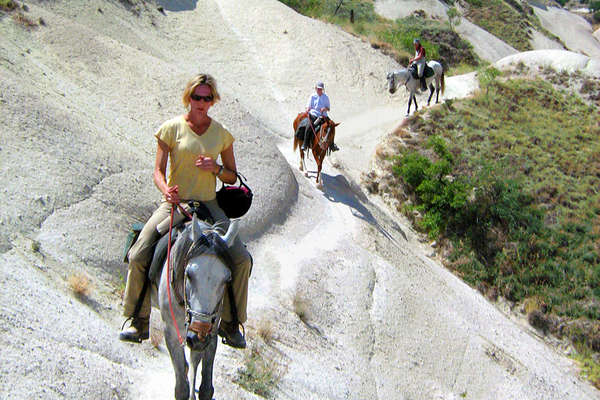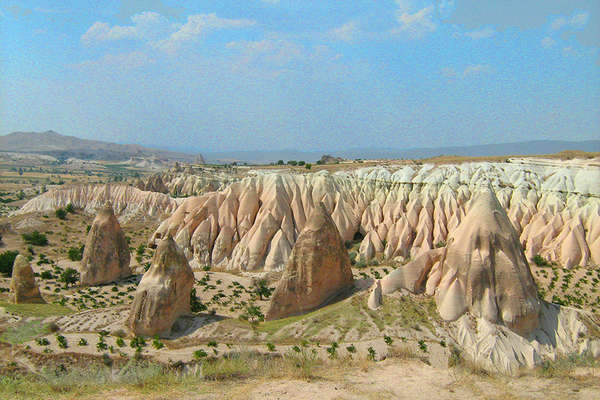Capital: Ankara
Largest city: Istanbul
Official langue: Turkish
Government: Unitary presidential constitutional republic
Area total: 783,356 km2
Population (2017 estimate): 80,810,525
GDP total: $909 billion (17th)
GDP per capita: $11,114 (60th)
Currency: Turkish lira
Calling code: +90
At various points in its history, the region has been inhabited by diverse civilizations including the Assyrians, Greeks, Thracians, Phrygians, Urartians, and Armenians. Hellenization started during the era of Alexander the Great and continued into the Byzantine era. The Seljuk Turks began migrating into the area in the 11th century, and their victory over the Byzantines at the Battle of Manzikert in 1071 symbolizes the start and foundation of Turkey. The Seljuk Sultanate of Rûm ruled Anatolia until the Mongol invasion in 1243, when it disintegrated into small Turkish principalities. Beginning in the late 13th-century, the Ottomans started uniting these Turkish principalities. After Mehmed II conquered Constantinople in 1453, Ottoman expansion continued under Selim I. During the reign of Suleiman the Magnificent the Ottoman Empire encompassed much of Southeast Europe, West Asia and North Africa.
In 1913, a coup d'état effectively put the country under the control of the Three Pashas. During World War I, the Ottoman government committed genocides against its Armenian, Assyrian and Pontic Greek subjects. Following the war, the conglomeration of territories and peoples that formerly comprised the Ottoman Empire was partitioned into several new states. The Turkish War of Independence, initiated by Mustafa Kemal Atatürk and his colleagues against occupying Allies, resulted in the abolition of monarchy in 1922 and the establishment of the Republic of Turkey in 1923, with Atatürk as its first president. Atatürk enacted numerous reforms, many of which incorporated various aspects of Western thought, philosophy, and customs into the new form of Turkish government.
Turkey is a charter member of the UN, an early member of NATO, the IMF and the World Bank. Turkey is a secular, unitary, formerly parliamentary republic which adopted a presidential system with a referendum in 2017; the new system came into effect with the presidential election in 2018.
Source: https://en.wikipedia.org/wiki/Turkey
Turkey occupies a unique geographic position, lying partly in Asia and partly in Europe. Throughout its history it has acted as both a barrier and a bridge between the two continents.
Turkey is situated at the crossroads of the Balkans, Caucasus, Middle East, and eastern Mediterranean. It is among the larger countries of the region in terms of territory and population, and its land area is greater than that of any European state. Nearly all of the country is in Asia, comprising the oblong peninsula of Asia Minor—also known as Anatolia (Anadolu)—and, in the east, part of a mountainous region sometimes known as the Armenian Highland. The remainder—Turkish Thrace (Trakya)—lies in the extreme southeastern part of Europe, a tiny remnant of an empire that once extended over much of the Balkans.
Source: https://
www.britannica.com/place/TurkeyCapital: Ankara
Largest city: Istanbul
Official languages: Turkish
Total area: 783,356 km2
Population, 2016 estimate: 79,814,87
GD, 2018 estimate: $2.249 trillion
Currency: Turkish lira
Time zone: UTC+3
Phone code: +90
Hello : merhaba
Good evening : iyi aksamlar
Goodbye : allaha ismarladik
What is your name? : Adiniz ne?
Yes : evet
No : hayir
Please : Lütfen
Thank you : Tesekkürler ou saol
Excuse me : affedersiniz
Sorry? : Ne ?
Where is? : nerede ?
Where is the hotel? : bir otel nerede ?
Rom : oda
Toilet : tuvalet
Restaurant : lokanta

